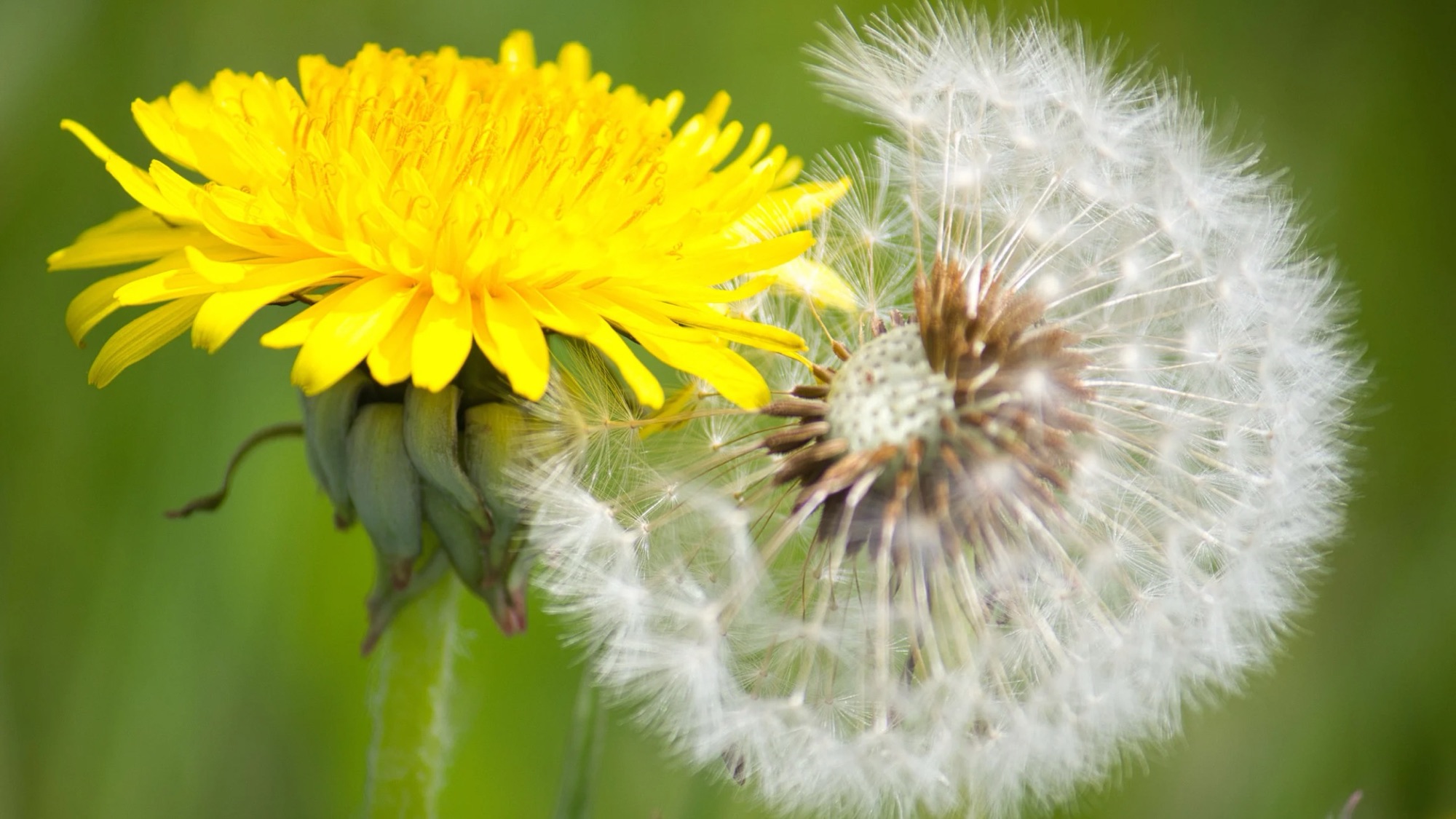Raising pet ducks can be a rewarding experience, and providing them with a varied diet is essential for their health. Many plants, insects, fish, and aquatic plants growing in your yard or garden can serve as excellent food sources for ducks. This guide covers some of the best options to grow or forage for your feathered friends.
Safe Plants and Weeds for Ducks
- Dandelions (Taraxacum officinale)
- Description: Common lawn weed with bright yellow flowers.
- Nutritional Value: Rich in vitamins A, C, and K; good source of calcium.
- Feeding: Ducks can eat the flowers, leaves, and roots.
- Clover (Trifolium spp.)
- Description: Small, trifoliate leaves with white or red flowers.
- Nutritional Value: High in protein and vitamins.
- Feeding: Both leaves and flowers are edible.
- Chickweed (Stellaria media)
- Description: Low-growing plant with small, white star-shaped flowers.
- Nutritional Value: Contains vitamins C and E, iron, and calcium.
- Feeding: Leaves and stems can be fed to ducks.
- Plantain (Plantago major)
- Description: Broad-leaved plant with dense flower spikes.
- Nutritional Value: Good source of calcium and vitamins A, C, and K.
- Feeding: Leaves can be fed fresh or dried.
Garden Produce for Ducks
- Lettuce (Lactuca sativa)
- Description: Leafy green commonly grown in gardens.
- Nutritional Value: Contains vitamins A and K, folate, and fiber.
- Feeding: All varieties of lettuce are safe; provide in moderation to avoid digestive issues.
- Kale (Brassica oleracea var. sabellica)
- Description: Leafy green with curly or flat leaves.
- Nutritional Value: High in vitamins A, C, and K; contains calcium and iron.
- Feeding: Offer leaves fresh or lightly wilted.
- Squash (Cucurbita spp.)
- Description: Includes varieties like zucchini, pumpkins, and butternut squash.
- Nutritional Value: Rich in vitamins A and C, fiber, and potassium.
- Feeding: Provide cooked or raw flesh; avoid feeding seeds.
- Berries (Various species)
- Description: Includes strawberries, blueberries, raspberries, etc.
- Nutritional Value: High in antioxidants, vitamins C and K, and fiber.
- Feeding: Offer fresh berries as a treat.
Bugs and Insects for Ducks
- Earthworms (Lumbricus terrestris)
- Description: Common soil-dwelling worms.
- Nutritional Value: High in protein and essential amino acids.
- Feeding: Ducks can forage for earthworms in moist soil.
- Slugs and Snails (Gastropoda)
- Description: Soft-bodied mollusks found in gardens.
- Nutritional Value: Rich in protein.
- Feeding: Ducks enjoy hunting and eating slugs and snails.
- Crickets (Gryllidae)
- Description: Insects commonly found in gardens and grassy areas.
- Nutritional Value: High in protein and fat.
- Feeding: Ducks can catch crickets themselves or you can collect them.
- Beetles (Coleoptera)
- Description: Various species of beetles found in gardens.
- Nutritional Value: Good source of protein.
- Feeding: Ducks can forage for beetles in the garden.
Fish for Duck Ponds
- Minnows (Cyprinidae)
- Description: Small, freshwater fish.
- Nutritional Value: High in protein and omega-3 fatty acids.
- Feeding: Stock ponds with minnows to provide natural hunting opportunities for ducks.
- Guppies (Poecilia reticulata)
- Description: Small, colorful freshwater fish.
- Nutritional Value: Good source of protein.
- Feeding: Ducks can hunt guppies in shallow ponds.
- Mosquito Fish (Gambusia affinis)
- Description: Small fish that feed on mosquito larvae.
- Nutritional Value: Rich in protein.
- Feeding: Stock ponds with mosquito fish to help control mosquito populations and provide food for ducks.
Aquatic Plants for Ducks
- Duckweed (Lemna minor)
- Description: Small, free-floating aquatic plant found on the surface of ponds and still water.
- Nutritional Value: High in protein and essential amino acids.
- Feeding: Ducks love duckweed and it can be a staple in their diet; it also helps maintain pond health by absorbing excess nutrients.
Foraging Tips
- Identify Safely: Ensure proper identification of plants, insects, and aquatic plants to avoid toxic varieties.
- Avoid Chemicals: Do not feed plants or insects exposed to pesticides or herbicides.
- Variety and Moderation: Offer a variety of plants, insects, fish, and aquatic plants to provide balanced nutrition and avoid overfeeding any single type.
Plants and Bugs to Avoid
- Nightshade Family (Solanaceae)
- Includes tomatoes, potatoes, and eggplants.
- These plants contain toxic compounds harmful to ducks.
- Avocado (Persea americana)
- Contains persin, which can be fatal to ducks.
- Onions and Garlic (Allium spp.)
- Can cause digestive issues and red blood cell damage.
By utilizing plants, bugs, fish, and aquatic plants like duckweed from your yard, you can provide a nutritious and varied diet for your pet ducks. Always ensure the food sources are safe and free from chemicals, and enjoy watching your ducks thrive on this natural diet.




